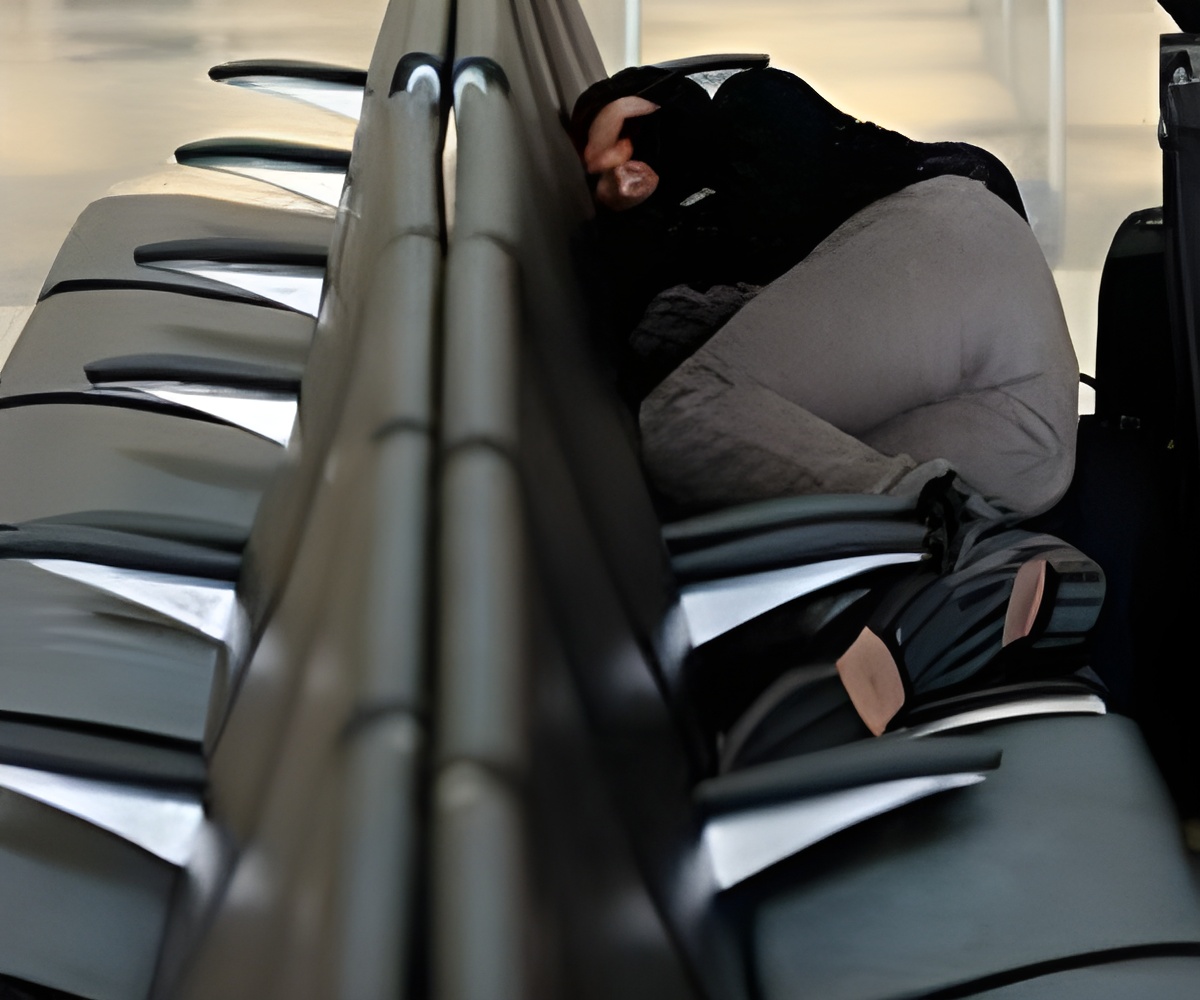Poor sleep linked to lower cognitive functioning in people with diabetes and prediabetes, revealed study.

‘People with diabetes and prediabetes who have lower sleep efficiency - a measure of how much time in bed is actually spent sleeping - have poorer cognitive function than those with better sleep efficiency.’





In previous studies, diabetes has been linked to cognitive impairment and an increased risk for dementia. Other studies have found that sleep disturbances, which are common in people with diabetes, are also linked to cognitive impairment. A total of 162 participants were involved in the study: 81 with Type 2 diabetes and 81 with prediabetes. The average age of the participants was 54.8 years. Sleep duration and sleep efficiency - a measure of how much time in bed is spent sleeping, and an important indicator of sleep quality - were obtained for each participant through seven-day actigraphy recordings. An actigraph is a device worn on the wrist that measures motion. When used in sleep studies, periods of sleep are considered those where the actigraph records periods of time with no motion.
Cognitive function was assessed using a questionnaire called the Montreal Cognitive Assessment, or MoCA. All participants were evaluated for obstructive sleep apnea -- a sleep disorder where sleep is interrupted when the airway becomes restricted and breathing temporarily stops.
The researchers found that the average sleep duration was six hours per night, and the average sleep efficiency was 82.7 percent (meaning that 82.7 percent of time spent in bed was spent in sleep). They found that the duration of sleep, as well as the severity of diagnosed obstructive sleep apnea, were not related to cognitive function as measured by MoCA. However, better sleep efficiency was associated with better cognitive function scores for participants with diabetes and prediabetes. They also found that having diabetes was associated with lower cognitive function scores.
"Our study shows that lower sleep efficiency is independently associated with lower cognitive function in patients with abnormal glucose tolerance," said Reutrakul. "Further studies should look at whether helping these patients sleep better could improve cognitive function."
Advertisement















